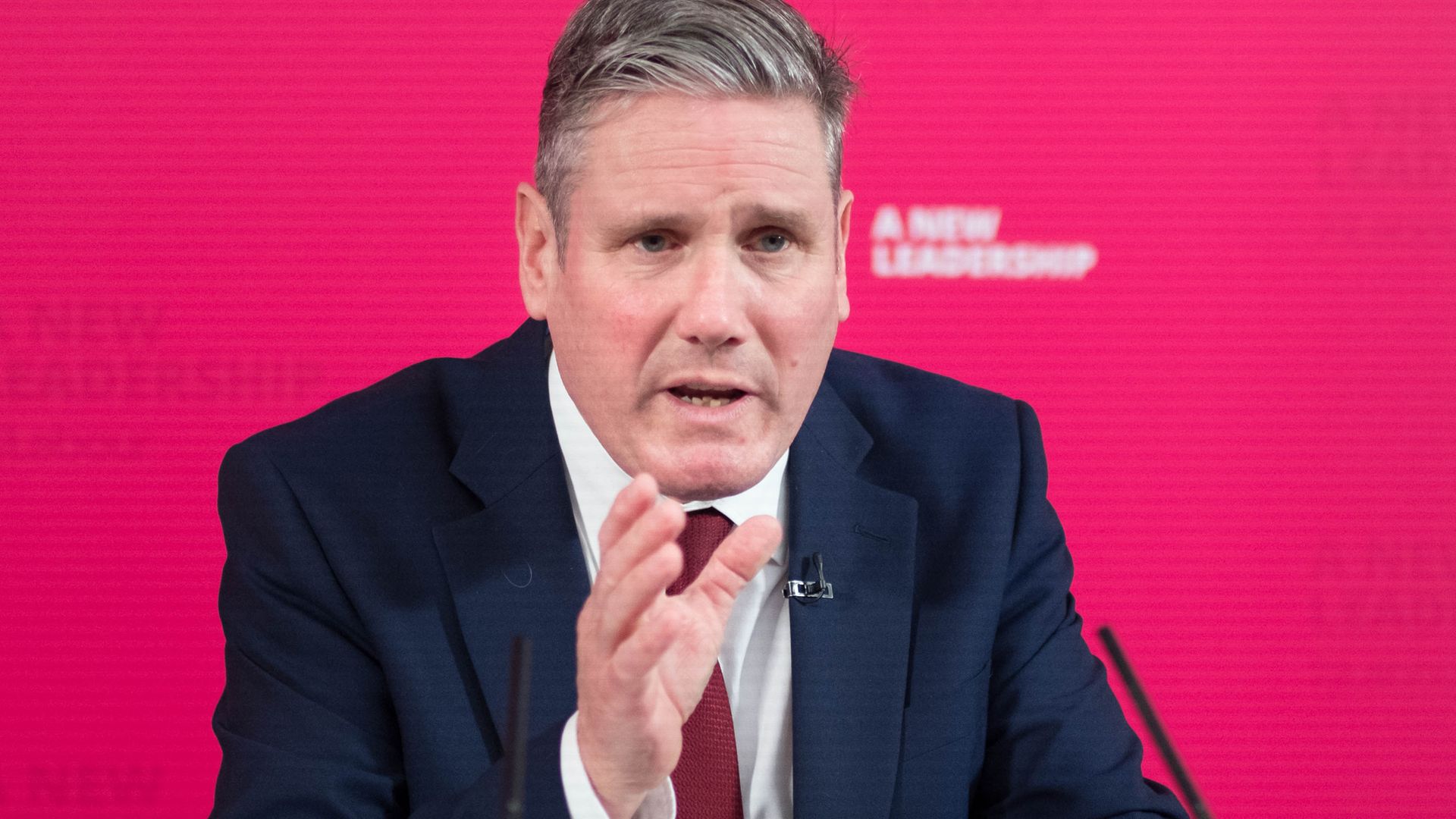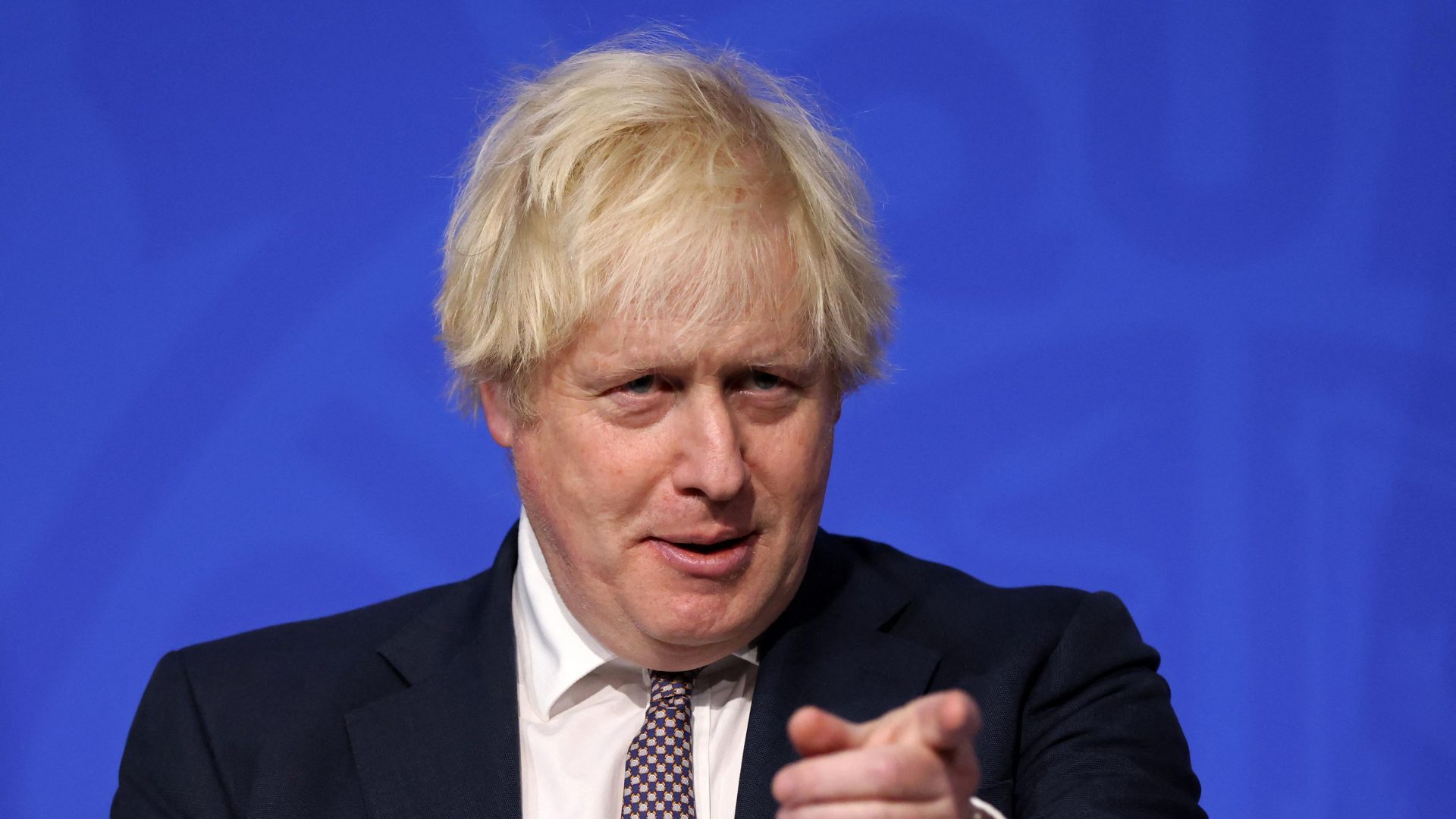The mystery of why I always found Sir Keir Starmer vaguely familiar – and why he filled me, too, with some sense of trepidation – was finally solved when I attended a reunion dinner with some old Observer colleagues. One related how in the late eighties – not long after Starmer had gained a postgraduate bachelor of civil law degree at St Edmund Hall, Oxford – he supplemented his income as a locum libel lawyer on the paper.
“He was an absolute nightmare – the sort of lawyer who wouldn’t allow us to put the date on the front page until we could first show him we’d verified it with three different sources,” my old friend recalled. “He’d come in on Friday nights and work, too, Saturdays, looking at proofs. Stories that were quite interesting to start off with were invariably rendered risk-free but utterly incomprehensible by his thick red felt tip.”
I was then in my twenties, editing the Sunday paper’s old Pendennis diary column and my own memories of the man I now know to be Starmer are at best sketchy.
I remember only an impressive dark pompadour. His cautiousness was a harbinger of how, three decades on, he’d approach the job of leading the Labour party.
Starmer’s decision to work at the Observer was, however, principled: he couldn’t countenance working for a Rupert Murdoch rag after he stood alongside striking print workers when the tycoon set about busting their unions by relocating to a high-tech plant at Wapping in East London.
Starmer (pictured above) was not the only future star working on the Observer during this period: Blake Morrison, the poet, was there; Robin Lustig, the future BBC presenter, Andrew Adonis, and the political editor was Robert Harris. Anthony Howard, the paper’s deputy editor, made a rare error of judgment when he told Harris not to be so “bloody stupid” when he announced he intended to go off and write a book called Fatherland.
Tusk force
Beset with allegations that it paid its chairman Damian Aspinall’s wife Victoria £150,000 for interior design services – 10% of all its donations – the Aspinall Foundation is finding it hard to attract donors. Four months after I disclosed that it had raised a modest £250,000 – a quarter of the £1m target the foundation set itself to return elephants to the wild – the figure now stands at just £4,138 more. Aspinall had clearly hoped that Carrie Johnson, the prime minister’s wife, would be a big draw for rich backers, but this has proved to be forlorn.
The organisation and its sister charity, the Howletts Wild Animal Trust, are already being investigated by the Charity Commission over their spending and financial management. They have until next year to reach their ambitious fundraising target, although their plans to relocate was news to the Kenyan authorities.
Its ministry of tourism expressed “concern” over the project, adding: “relocation of an animal from a zoo is not easy and is expensive”.
Absent friend
One year on from Evgeny Lebedev (pictured below) being sworn in as Lord of Hampton in the London Borough of Richmond-on-Thames and of Siberia in the Russian Federation, he is still to make his presence felt in the Upper House.
Boris Johnson’s occasional party host was introduced to fellow peers by The Big Issue founder Lord Bird and Lord Clarke, who got to know him when, as a director of The Independent, he acquired the newspaper and occasionally had lunch to discuss it. “I haven’t seen him since the introduction ceremony,” Clarke tells me. A pity, as Lebedev might have brightened the place up a bit.




